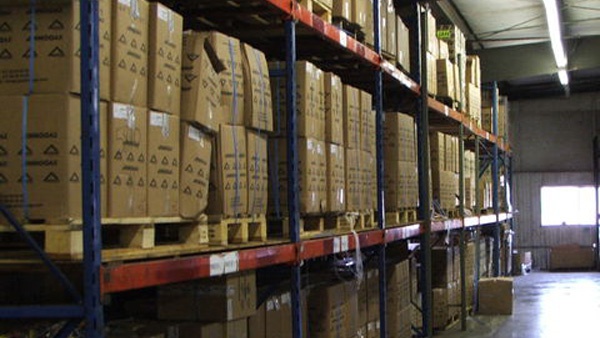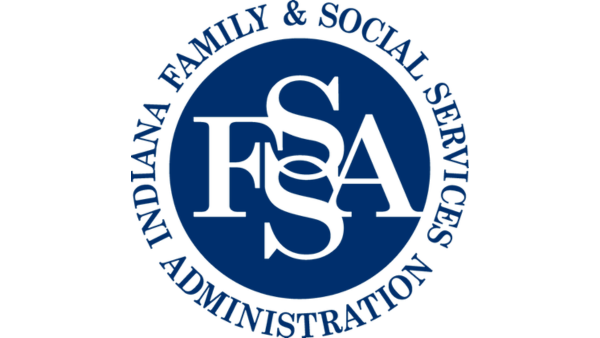
3,400 Hoosiers will be diagnosed with colorectal cancer
The American Cancer Society (ACS) estimates that nearly 3,400 Hoosiers will be diagnosed with colorectal cancer and an estimated 1,100 will die as a result of the disease this year. Screening and early detection can save lives, and screening does not have to be expensive or uncomfortable, according to the Centers for Disease Control and Prevention (CDC).
March is National Colorectal Cancer Awareness Month, and the Indiana State Department of Health (ISDH) is urging Hoosiers to get regular screenings and make healthy lifestyle choices to reduce their risks of developing the disease, which is the third-most commonly diagnosed cancer among both men and women in Indiana.
“By choosing to avoid tobacco products, eating a healthy diet, exercising and getting regular recommended screenings, Hoosiers can greatly reduce their risk of colorectal cancer,” said State Health Commissioner Kris Box, M.D., FACOG.
According to the ACS, regular colorectal cancer screenings are one of the most important tools to prevent colorectal cancer. With regular screenings, most polyps can be found and removed before they have the chance to turn into cancer. Screening can also find colorectal cancer early, when it's small and easier to treat.
The two greatest risk factors for developing colorectal cancer are gender and age. More than half of Indiana’s cases from 2011 to 2015 were diagnosed in men, and nearly 90 percent of those cases were in residents age 50 and older. However, there has been a recent, concerning trend toward increased incidence in young individuals.
Other risk factors include race, personal or family history of colorectal cancer or polyps, a personal history of chronic inflammatory bowel disease, certain inherited genetic conditions such as Lynch syndrome and being diagnosed with type 2 diabetes.
For more information about colorectal cancer in Indiana, visit the ISDH’s website atwww.StateHealth.in.gov or the Indiana Cancer Consortium at indianacancer.org.

 Stord Inc. Announces More Than $40 Million Expansion in Hebron, Creating Over 500 Well-Paying Jobs
Stord Inc. Announces More Than $40 Million Expansion in Hebron, Creating Over 500 Well-Paying Jobs
 Indiana Medicaid Forecast Projects Over $465 Million in State Savings
Indiana Medicaid Forecast Projects Over $465 Million in State Savings
 DEA Answers AG Coleman's Call with Major Step Toward Banning 'Designer Xanax' Nationwide
DEA Answers AG Coleman's Call with Major Step Toward Banning 'Designer Xanax' Nationwide







